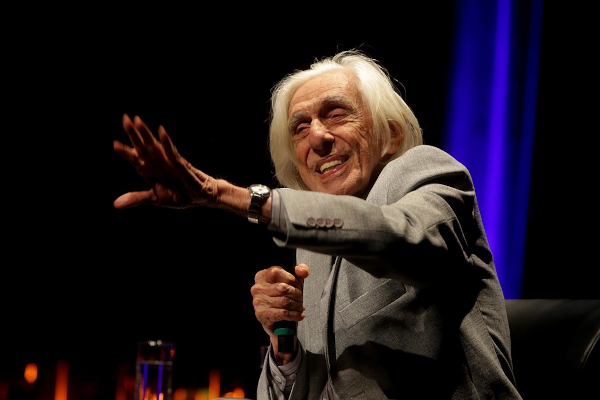Brazilian pedagogue and physician born in the Bahian municipality of Rio de Contas, formerly Minas do Rio de Contas, one of the forerunners of the Brazilian textbook. He graduated in medicine in Rio de Janeiro, RJ, where he received his doctorate (1847). Back in Bahia, as director of state public education, he would change his medical career for the activity of educator and founded the Ateneu in Salvador Barrense and the Ginásio Baiano (1858), in Salvador, responsible for the formation of great personalities such as Castro Alves (1847-1871) and Rui Barbosa (1849-1923).
Again moving to Rio de Janeiro, RJ (1871), where he stayed until his death, he founded Colégio Abílio, portrayed by writer Raul Pompéia (1863-1895) in O Ateneu (1888), and ten years later another, with the same name, in the city of Minas Gerais Barbacena. For his contributions in the educational area, he received the title of Baron of Macaúbas (1881) by imperial decree, granted by D. Pedro II (1825-1891).
He revolutionized Brazilian education, becoming one of its most expressive personalities. He has also gained fame for his struggle to abolish physical punishment in his schools and model them for similar institutions across the rest of the country. He expounded his pedagogical ideas in the volume New Law of Child Education (1884). He was professor of Luís Edmundo, Castro Alves, Raul Pompéia and Rui Barbosa, among others.
Source: Biographies - Academic Unit of Civil Engineering / UFCG
Do not stop now... There's more after the advertising ;)
Order A - Biography - Brazil School
Would you like to reference this text in a school or academic work? Look:
SCHOOL, Team Brazil. "Abilio César Borges, Baron of Macaúbas"; Brazil School. Available in: https://brasilescola.uol.com.br/biografia/abilio-cesar-borges.htm. Accessed on June 28, 2021.



